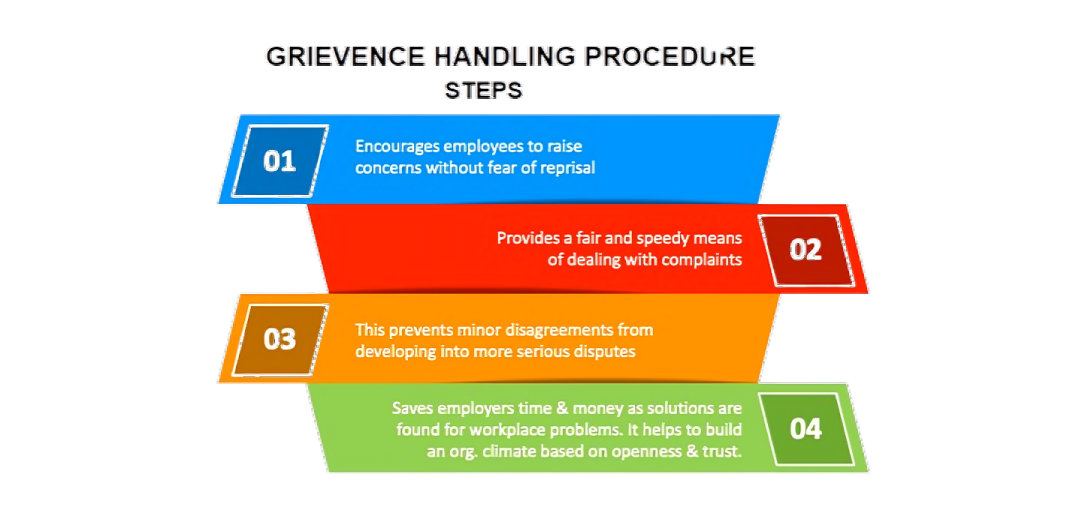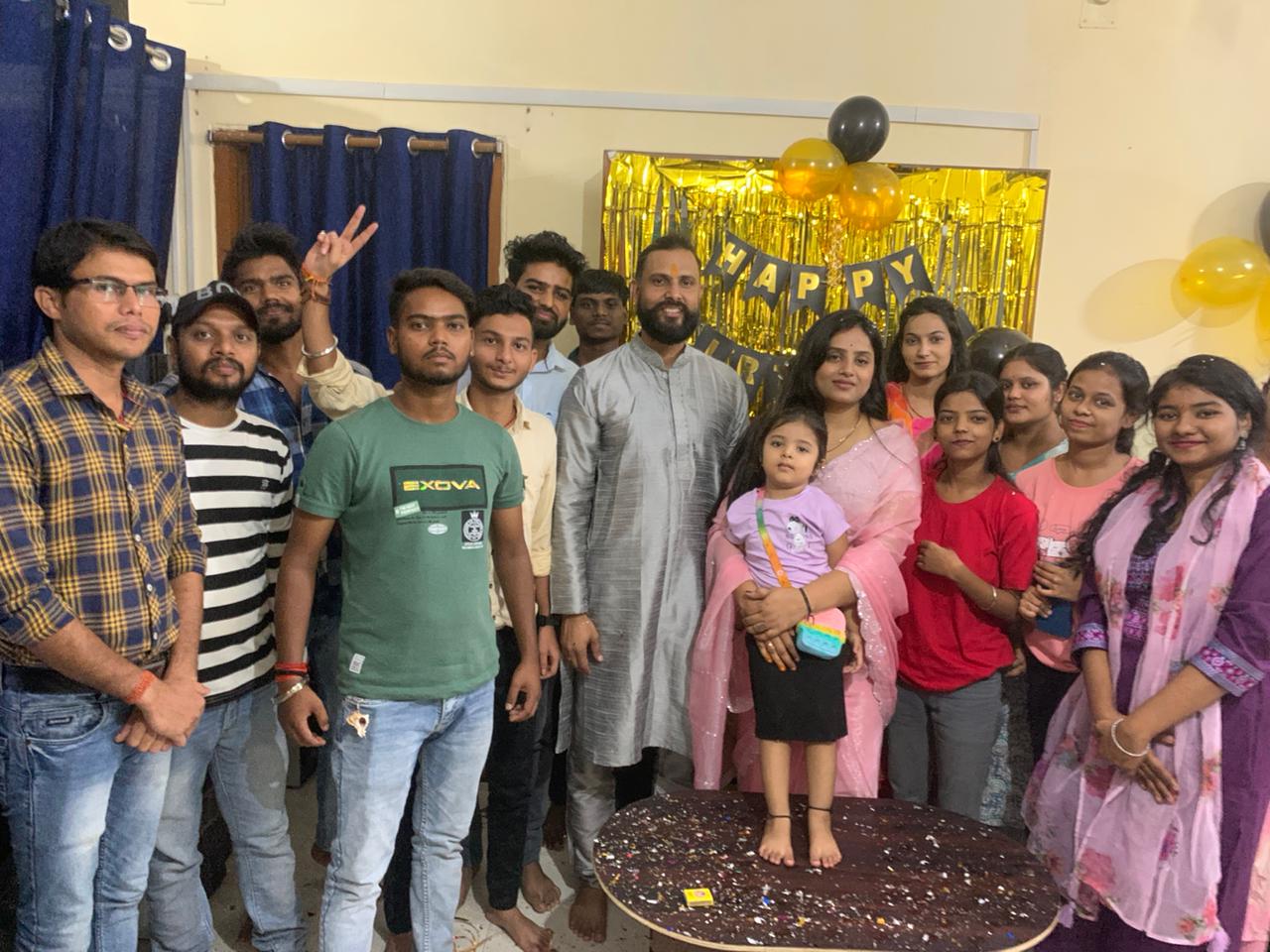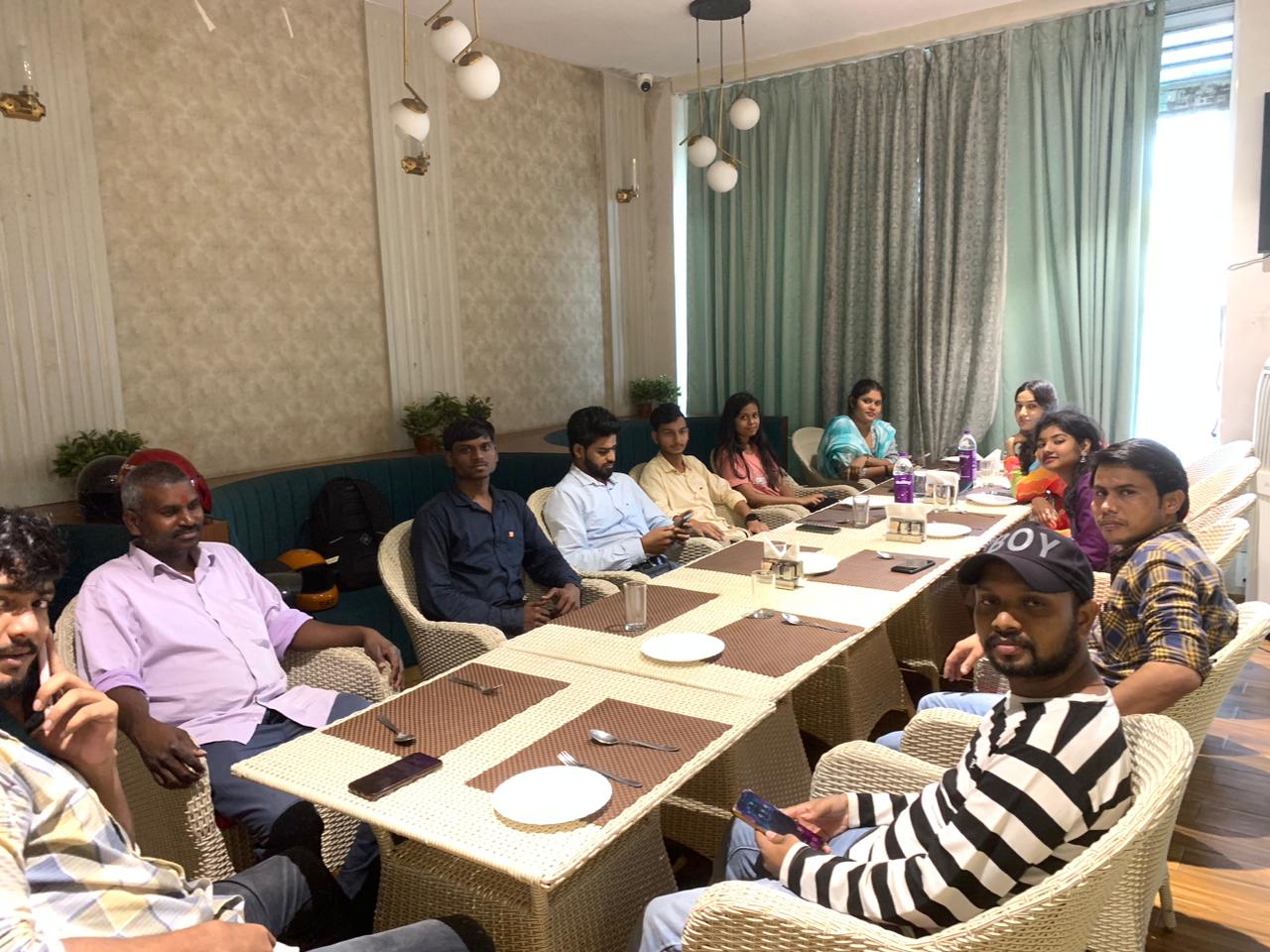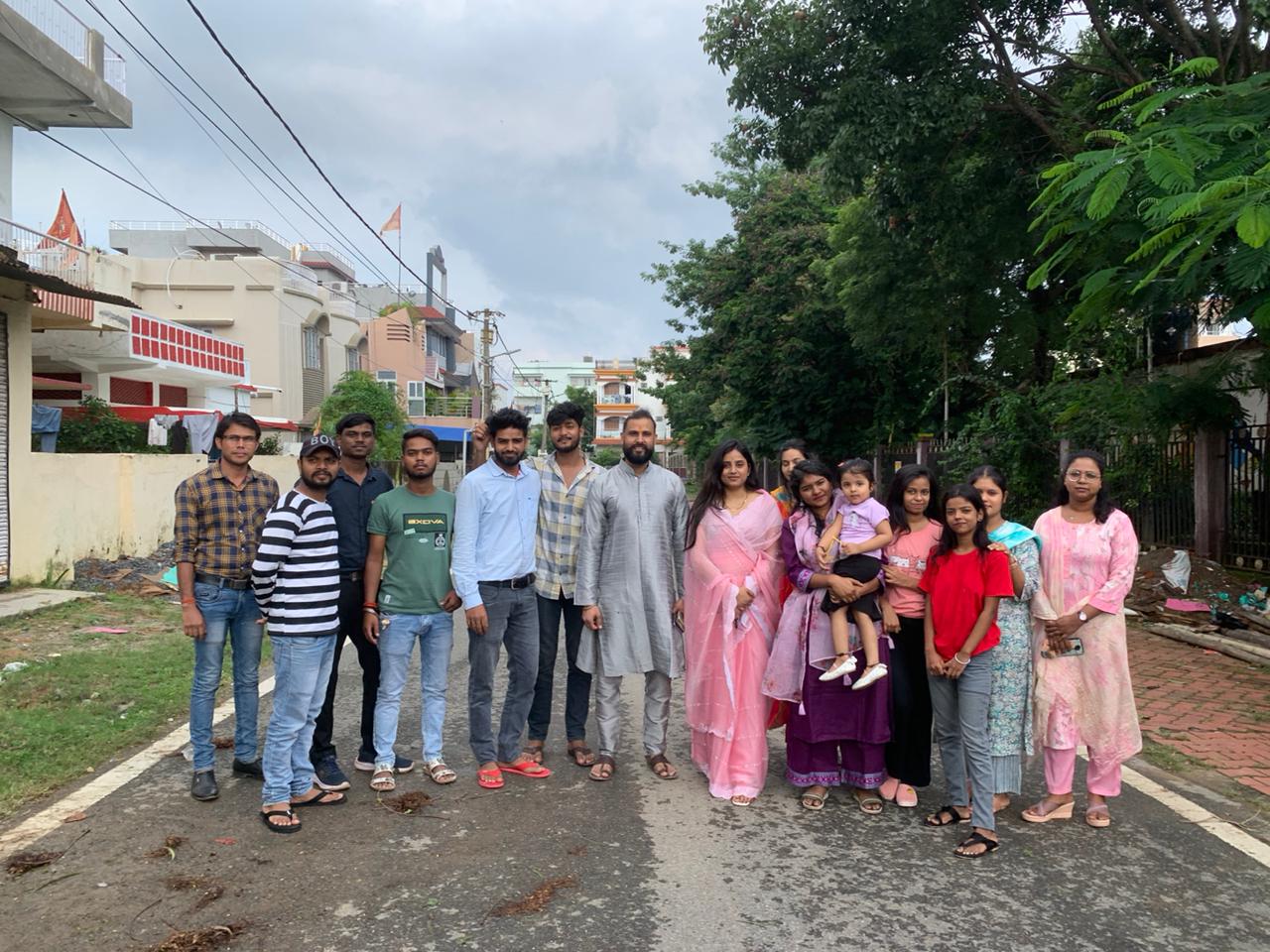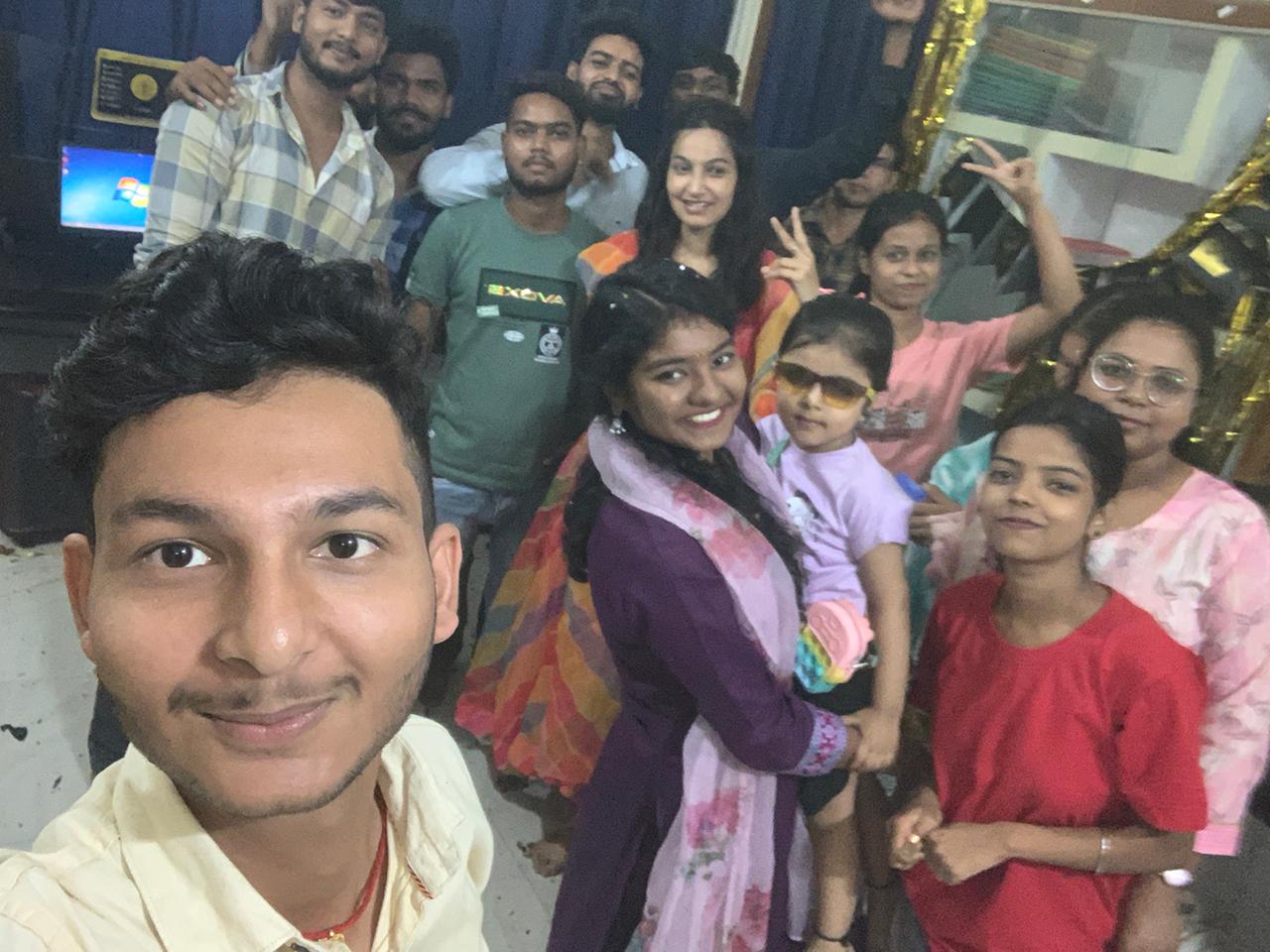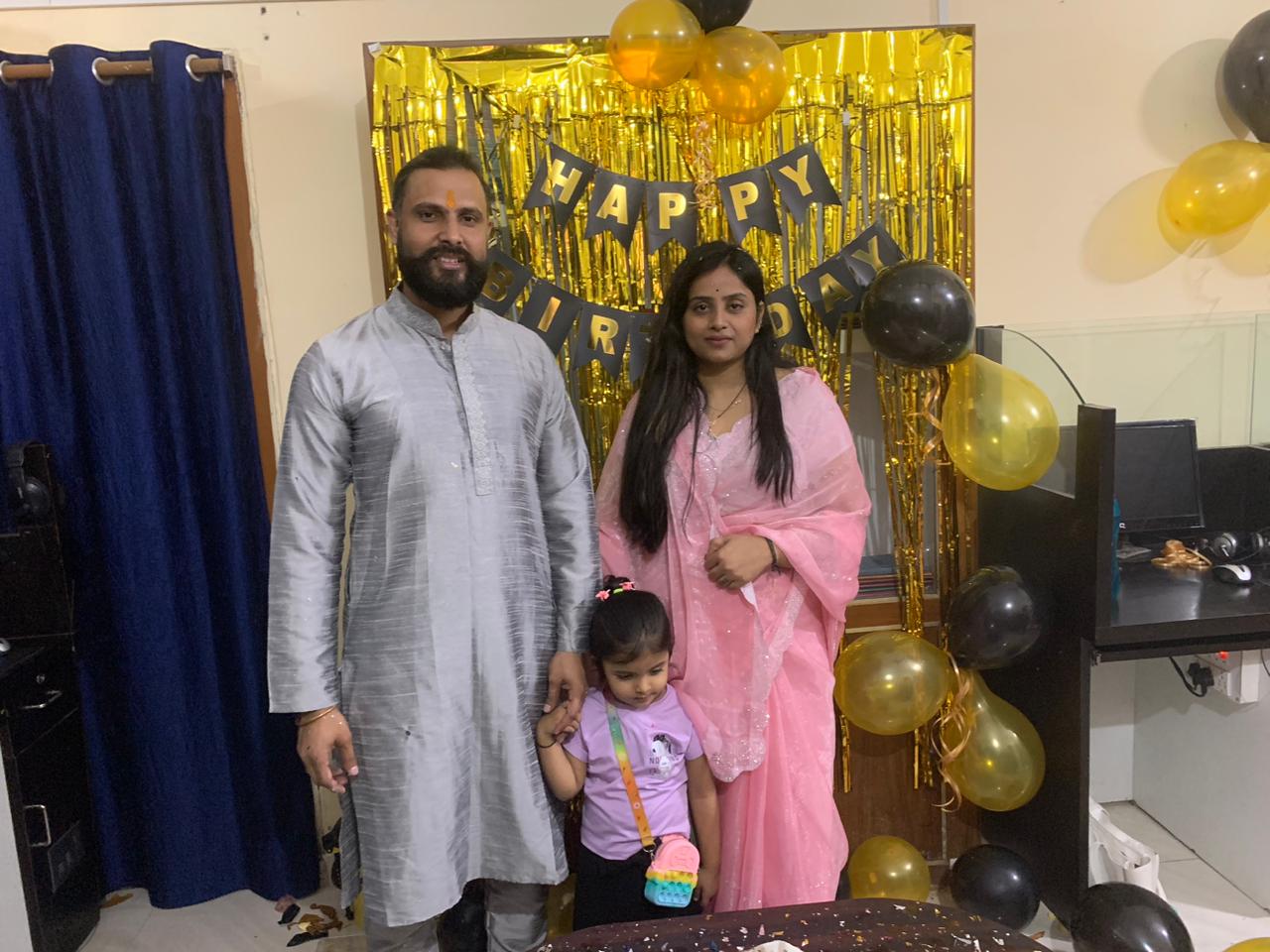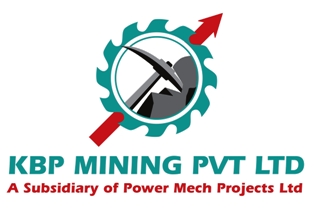Board of Directors
“Experienced leader with 15 years in HR, Public Admin, Logistics, Mass Comm. Founder Secretary of NGO, CEO of INPRAVIA Group. Diverse expertise in corporate, govt., NGO sectors. Champions team-driven innovation, secures projects, fosters strong teams.”
Mithilesh Singh
“Our Board of Directors provides strategic leadership and governance, ensuring the company's mission and values are upheld. Comprising experienced professionals from diverse industries, they guide our organization with a commitment to growth, innovation, and sustainability”
Vijya Singh
“Motivated business development professional with a keen eye for growth opportunities and strategic partnerships. Skilled in market research and client engagement, committed to driving business advancement and achieving impactful results.”
Rohit Kumar
“Our Board of Directors provides strategic leadership and governance, ensuring the company's mission and values are upheld. Comprising experienced professionals from diverse industries, they guide our organization with a commitment to growth, innovation, and sustainability”
Indu Singh
Advisors
“MP Ajmera may not have formal experience in auditing, but their strong attention to detail and interest in financial controls and governance make them an important asset. Their commitment to learning and supporting the team ensures that they will quickly adapt and provide meaningful contributions to our internal processes.”
MP Ajmera
“Ambitious business development professional focused on driving growth and building strategic partnerships. Skilled in market research, client relationship management, and identifying new business opportunities to support company expansion.”
Niraj Kumar
“Driven business development professional dedicated to fostering growth and creating valuable partnerships. Proficient in market analysis, client engagement, and uncovering new opportunities to enhance business success.”
Swami Divya Gyan
“Enthusiastic business development professional with a talent for identifying growth opportunities and building strong client relationships. Committed to driving business success through strategic planning and collaboration.”
Sambhu Nath Choudhary
“Accomplished management consultant, IIM Indore Fellow. Renowned coach, trainer, author, and mentor. Vast experience with top firms like CIL, CCL, WCL, Power Grid, and mentoring executives and students from DPS, DAV, and RU's MBA department.”
Dr. Hemant Srivastava
“Provides expert financial guidance and strategic planning to optimize budgets, manage investments, and ensure long-term growth. Analyzes financial data, assesses risks, and develops solutions to enhance profitability and sustainability.”
Chandan Dakshit
Management
“Experienced leader with 15 years in HR, Public Admin, Logistics, Mass Comm. Founder Secretary of NGO, CEO of INPRAVIA Group. Diverse expertise in corporate, govt., NGO sectors. Champions team-driven innovation, secures projects, fosters strong teams.”
Mithilesh Singh
“Motivated business development professional with a keen eye for growth opportunities and strategic partnerships. Skilled in market research and client engagement, committed to driving business advancement and achieving impactful results.”
Rohit Kumar
“Motivated business development professional with a keen eye for growth opportunities and strategic partnerships. Skilled in market research and client engagement, committed to driving business advancement and achieving impactful results.”
Amar Yadav
“Motivated team lead with proven ability to guide and inspire teams, manage projects, and deliver results. Strong in communication, problem-solving, and driving team collaboration to achieve objectives efficiently.”
Rajkumar Gupta
“Dynamic management team member with expertise in guiding projects, optimizing processes, and leading teams to achieve organizational goals. Skilled in decision-making, collaboration, and driving continuous improvement.”
Sidhant Singh
“Results-driven management professional with strong leadership, strategic planning, and organizational skills. Experienced in overseeing operations, driving team performance, and implementing solutions to enhance productivity and growth.”
Heeralal Gupta
Operational
“Skilled web developer with a focus on building responsive, user-friendly websites and applications. Experienced in cutting-edge web technologies, committed to creating exceptional digital experiences.”
Mr. Sanjay Kumar
“Passionate web & App developer with expertise in designing and building responsive, user-friendly websites and web applications. Skilled in modern web technologies and committed to delivering high-quality digital experiences.”
Mr. Heeralal Gupta
“Techno India College of Technology graduate with a Bachelor of Technology. Proficient marketing professional and adept Content Manager in marketing/advertising. Demonstrated expertise in SEO, writing, web content creation, content marketing, and social media blogging.”
Piyush Pathak
“Techno India College of Technology graduate with a Bachelor of Technology. Proficient marketing professional and adept Content Manager in marketing/advertising. Demonstrated expertise in SEO, writing, web content creation, content marketing, and social media blogging.”
Shalini Mishra
“Krishna Bodra is a digital Marketer based at Lille, France. He is graduated in Digital Marketing and CRM from IESEG School of management, Lille Campus, France. Having more than 5 years of experience in IT & Digital Marketing sector.”
Krishna Bodra
“Our Accountant, Dharmjeet Choudhary, ensures the financial health of the organization by managing accounts, budgets, and financial records with precision. Through accurate reporting and analysis, Dharmjeet Choudhary supports informed decision-making and ensures compliance with financial regulations.”
Dharmjeet Choudhary
“As a Trainer, Rajkumar Gupta plays a key role in developing and delivering effective training programs. Focused on enhancing team performance, Rajkumar Gupta ensures that all members are equipped with the necessary skills and knowledge to excel in their roles”
RajKumar Gupta
“Graduate in Electronics. Having more than 20+ year of experience in IT Industry. Worked with 5 Corporate and Institutions.”
Prashant Das
“As a Graphics Consultant, Vivek Lal specializes in visual communication, ensuring that the company's branding and design elements are impactful and aligned with its goals. Through creativity and technical expertise, Vivek Lal delivers visually compelling solutions that enhance the user experience and brand identity.”
















